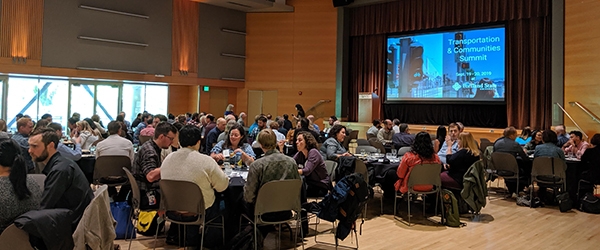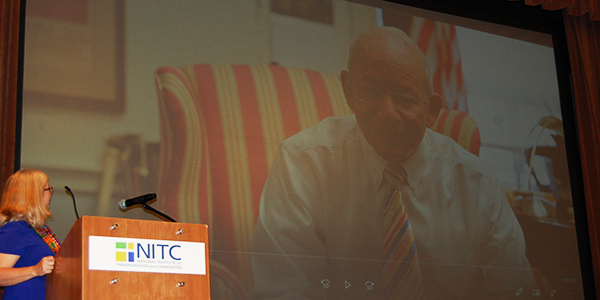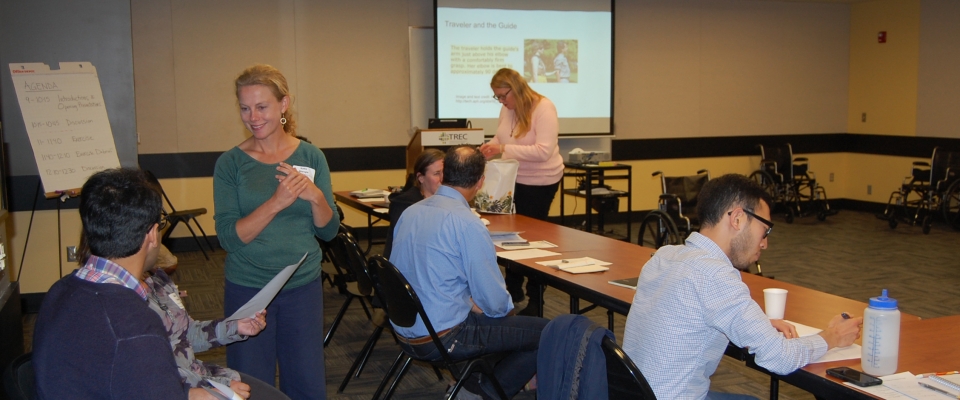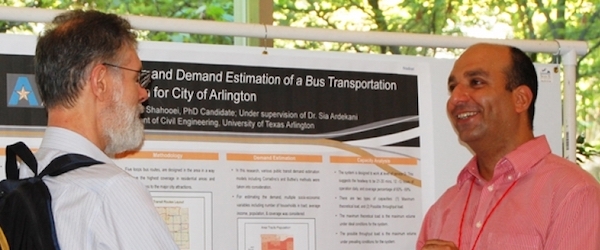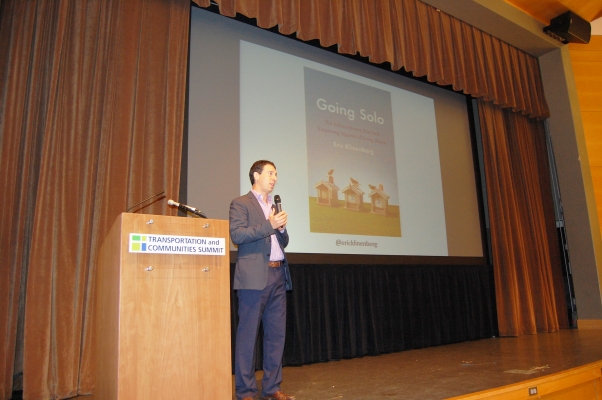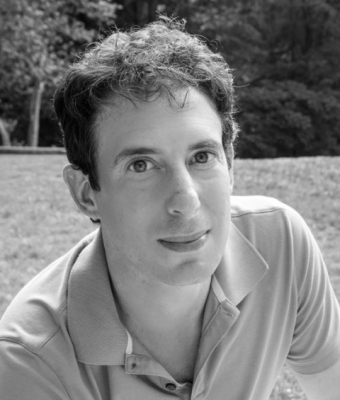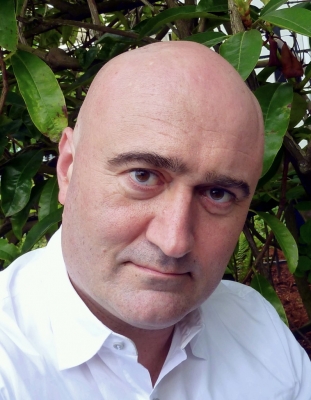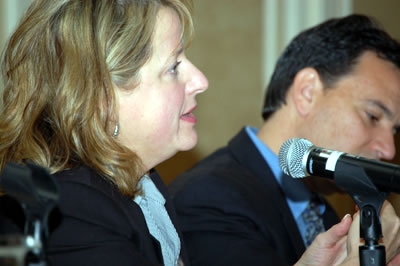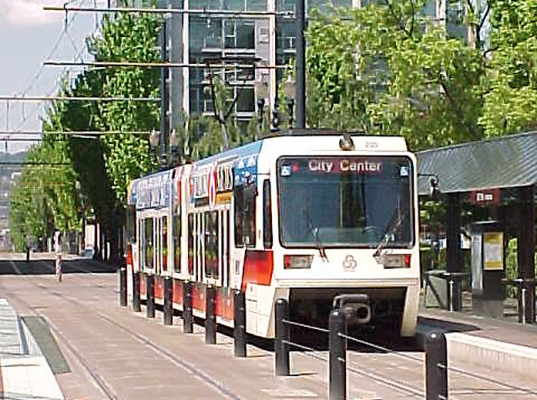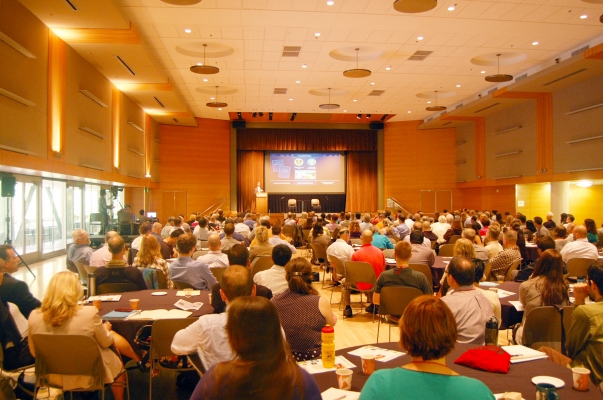For someone who refuses to make predictions, Brian David Johnson has a long list of examples of how the future he envisioned came true.
It’s his job, after all.
As a futurist, Johnson helps organizations imagine what they’ll be doing 10 years in the future and then models the steps they’ll need to achieve that vision.
Johnson will describe his work, and offer insights relevant to transportation professionals, as the keynote speaker at the Transportation and Communities Summit Sept. 9 at Portland State University.
Transportation figures heavily into both popular visions of the future and Johnson’s work—but not in the same way. “Cities and transportation and infrastructure are some of the most important parts of futurecasting”—Johnson’s name for this method of modeling—he said.
Although audiences raised on jet pack-based transportation science fiction don’t welcome this message, “the cities of the future are going to look like the cities of today,” Johnson said. “It’s one of the most unpopular things I tell people.”
But consider the alternative. “Culturally, we value the past, and our future will look a lot like that,” Johnson said. “I don’t think that’s a bad thing. ‘The Jetsons’ is a sci-fi dystopia.”
Finding a future that looks like the present, or even the past, is a surprising theme in Johnson’s work, which has included consulting for firms such as Intel and trade...
Read more
